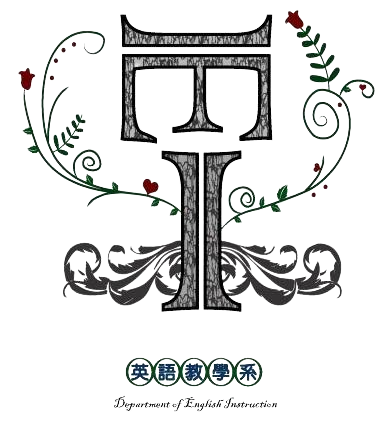Curriculum
Curriculum
Undergraduate
The undergraduate curriculum is divided into four primary areas: basic English ability, English instruction, linguistics, and British and American literature. The first two areas—basic English ability and English instruction—provide courses, theory, and practical knowledge for the training of English instructors and researchers. The second two areas—linguistics and British and American literature—are supplemental courses that help students understand the structure and evolution of the English language, develop a sensitivity for language, apprehend and understand the substance of British/American literature, and analyze and appreciate British/American literature. In addition to the above four areas of study, our department has developed close ties to the elementary schools in Taipei as well as the university’s affiliated elementary school. These ties provide our students with real-life venues in which to practice teaching while also developing the ability for reflection and a deeper understanding of language and literature.
Core Curriculum
- English Pronunciation Instruction
- Listening and Speaking Practice
- Writing Practice
- Introduction to Linguistics
- Introduction to Western Literature
- Introduction to Children’s Literature
- Teaching English to Children
- English Teaching Materials and Methods
- Topics in English
- Introduction to Second Language Acquisition
- English Language Assessment
- Translation
- Observation and Teaching Practice
Master’s
The master’s curriculum incorporates research from several areas: English teaching and learning processes, theory of childhood language acquisition and development, problems and possible solutions in childhood foreign language acquisition, educational methods and the state of education. Our curriculum stresses the engendering in our students of a strict attitude and methodology for research, and seeks possible new research directions in English education that may grow from the dialogue between qualitative and quantitative research methodologies. Practical work and on-site classroom research in the educational field, as well as theory and research, are focal points of the curriculum. Student teaching and observation courses are included, in addition to student teaching at the affiliated school, all of which are great opportunities for our students to become acquainted with actual classroom teaching and observation.
Core Curriculum areas:
- English instruction
- Language development and learning
- Language, culture, and children’s literature
- Research methodology
- English instruction
- Language development and learning
- Language, culture, and children’s literature
- Research methodology

